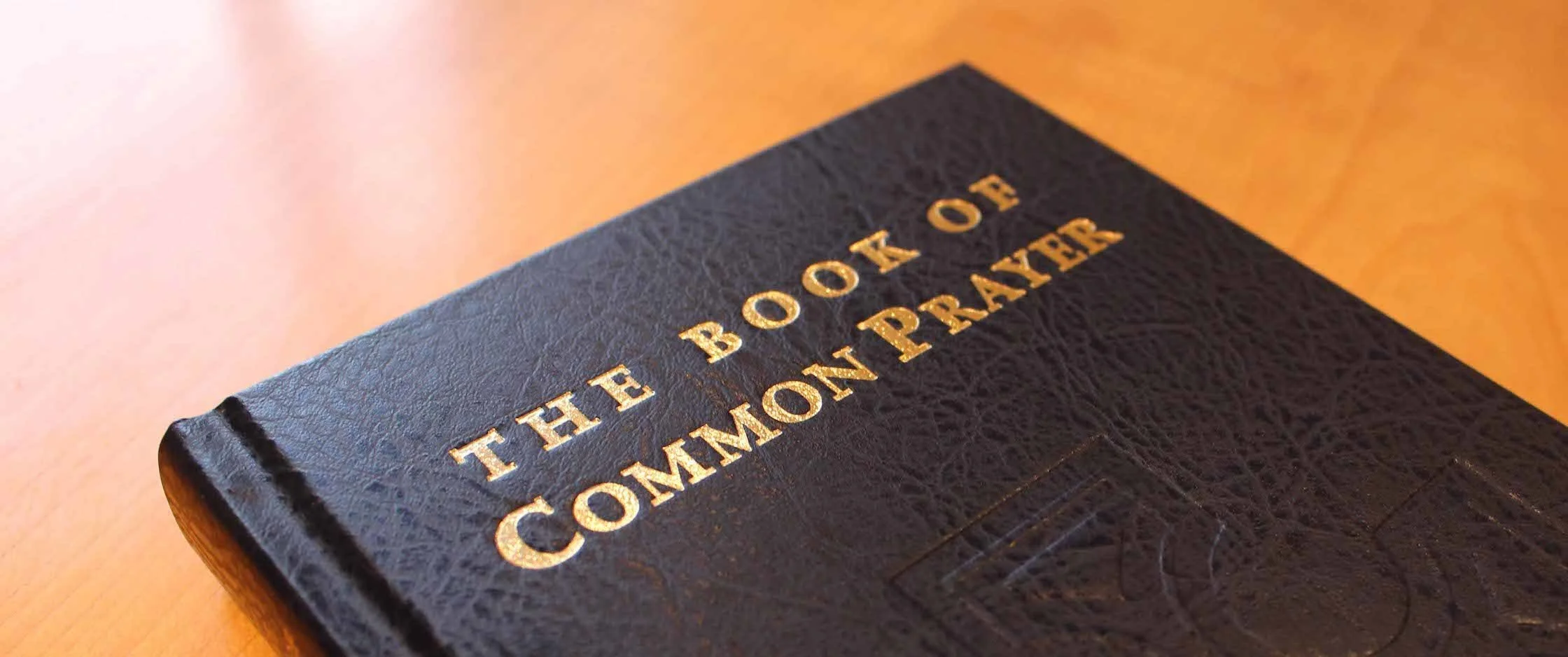XXV. OF THE SACRAMENTS
SACRAMENTS ordained of Christ be not only badges or tokens of Christian men's profession, but rather they be certain sure witnesses, and effectual signs of grace, and God's good will towards us, by the which he doth work invisibly in us, and doth not only quicken, but also strengthen and confirm our Faith in him.
There are two Sacraments ordained of Christ our Lord in the Gospel, that is to say, Baptism, and the Supper of the Lord.
Those five commonly called Sacraments, that is to say, Confirmation, Penance, Orders, Matrimony, and extreme Unction, are not to be counted for Sacraments of the Gospel, being such as have grown partly of the corrupt following of the Apostles, partly are states of life allowed in the Scriptures; but yet have not like nature of Sacraments with Baptism, and the Lord's Supper, for that they have not any visible sign or ceremony ordained of God.
The Sacraments were not ordained of Christ to be gazed upon, or to be carried about, but that we should duly use them. And in such only as worthily receive the same they have a wholesome effect or operation: but they that receive them unworthily purchase to themselves damnation, as Saint Paul saith.
XXVI. OF THE UNWORTHINESS OF THE MINISTERS, WHICH HINDERS NOT THE EFFECT OF THE SACRAMENT
ALTHOUGH in the visible Church the evil be ever mingled with the good, and sometimes the evil have chief authority in the Ministration of the Word and Sacraments, yet forasmuch as they do not the same in their own name, but in Christ's, and do minister by his commission and authority, we may use their Ministry, both in hearing the Word of God, and in receiving of the Sacraments. Neither is the effect of Christ's ordinance taken away by their wickedness, nor the grace of God's gifts diminished from such as by faith and rightly do receive the Sacraments ministered unto them; which be effectual, because of Christ's institution and promise, although they be ministered by evil men.
Nevertheless, it appertaineth to the discipline of the Church, that inquiry be made of evil Ministers, and that they be accused by those that have knowledge of their offences; and finally being found guilty, by just judgement be deposed.
XXVII. OF BAPTISM
BAPTISM is not only a sign of profession, and mark of difference, whereby Christian men are discerned from others that be not christened, but it is also a sign of Regeneration or new Birth, whereby, as by an instrument, they that receive Baptism rightly are grafted into the Church; the promises of forgiveness of sin, and of our adoption to be the sons of God by the Holy Ghost, are visibly signed and sealed; Faith is confirmed, and Grace increased by virtue of prayer unto God. The Baptism of young Children is in any wise to be retained in the Church, as most agreeable with the institution of Christ.
XXVIII. OF THE LORD'S SUPPER
THE Supper of the Lord is not only a sign of the love that Christians ought to have among themselves one to another; but rather is a Sacrament of our Redemption by Christ's death: insomuch that to such as rightly, worthily, and with faith, receive the same, the Bread which we break is a partaking of the Body of Christ; and likewise the Cup of Blessing is a partaking of the Blood of Christ.
Transubstantiation (or the change of the substance of Bread and Wine) in the Supper of the Lord, cannot be proved by holy Writ; but is repugnant to the plain words of Scripture, overthroweth the nature of a Sacrament, and hath given occasion to many superstitions.
The Body of Christ is given, taken, and eaten, in the Supper, only after an heavenly and spiritual manner. And the mean whereby the Body of Christ is received and eaten in the Supper is Faith.
The Sacrament of the Lord's Supper was not by Christ's ordinance reserved, carried about, lifted up, or worshipped.
XXIX. OF THE WICKED WHICH EAT NOT THE BODY OF CHRIST IN THE USE OF THE LORD'S SUPPER
THE Wicked, and such as be void of a lively faith, although they do carnally and visibly press with their teeth (as Saint Augustine saith) the Sacrament of the Body and Blood of Christ, yet in no wise are they partakers of Christ: but rather, to their condemnation, do eat and drink the sign or Sacrament of so great a thing.
XXX. OF BOTH KINDS
THE Cup of the Lord is not to be denied to the Lay-people: for both the parts of the Lord's Sacrament, by Christ's ordinance and commandment, ought to be ministered to all Christian men alike.
XXXI. OF THE ONE OBLATION OF CHRIST FINISHED UPON THE CROSS
THE Offering of Christ once made is that perfect redemption, propitiation, and satisfaction, for all the sins of the whole world, both original and actual; and there is none other satisfaction for sin, but that alone. Wherefore the sacrifices of Masses, in the which it was commonly said, that the Priest did offer Christ for the quick and the dead, to have remission of pain or guilt, were blasphemous fables, and dangerous deceits.






